-
 Overview
Overview
Centre Testing International Group Co., Ltd. (CTI) is a market leader in testing, inspection, certification, calibration, audit, training & technical services; building trust between governments, enterprises, and consumers.
-
 Sustainability
Sustainability
By building a full value chain ESG governance system covering the strategic decision-making level, management execution level and business operation level, it actively practices penetrating management of ESG risk and opportunities, empowering sustainable development across the industry chain.
-
 Our service
Our serviceCentre Testing International Co., Ltd. (CTI) is the pioneer and leader in the TIC Industry which provides one-stop solutions on testing, inspection, certification, calibration, audit, training & technical services.
-
By Industry
Our service capabilties cover the upstream and downstream of the supply chain including textile and apparel,toys,electronic appliances,medical health,food...andother industries.
-
 Environment
Environment
-
 Raw Material & Fuel Chemicals
Raw Material & Fuel Chemicals
-
 Textiles, Apparel, Footwear & Accessories
Textiles, Apparel, Footwear & Accessories
-
 Food & Agricultural Products
Food & Agricultural Products
-
 Cosmetics, Personal Care & Household Chemicals
Cosmetics, Personal Care & Household Chemicals
-
 Building Materials&Construction Engineering
Building Materials&Construction Engineering
-
 Electronic & Electrical Appliances
Electronic & Electrical Appliances
-
 Toys, Furniture & Home Decoration
Toys, Furniture & Home Decoration
-
 Industrial Equipment & Manufacturing
Industrial Equipment & Manufacturing
-
 Rail & Aviation
Rail & Aviation
-
 Automotive & Spare Parts
Automotive & Spare Parts
-
 Pharma and Medical Services
Pharma and Medical Services
-
 Maritime Vessel Compliance Testing
Maritime Vessel Compliance Testing
 By Industry
By IndustryOur service capabilties cover the upstream and downstream of the supply chain including textile and apparel,toys,electronic appliances,medical health,food...andother industries.
-
-
 Specialty
SpecialtyComprehensively guarantee quality and safety, promote compliance and innovation, demonstrate brand competitiveness, and achieve higher quality, healthier, safer, and greener sustainable development.
-
 Management
ManagementWe have established a clear governance structure in accordance with listing requirements and national regulations and policies to deal with internal and external challenges and achieve sustainable development.
-
 Information DisclosureWe are committed to establishing normal and effective two-way communication with shareholders and investors. We have established a complete information disclosure mechanism to convey information to shareholders in a timely manner.
Information DisclosureWe are committed to establishing normal and effective two-way communication with shareholders and investors. We have established a complete information disclosure mechanism to convey information to shareholders in a timely manner.
-
 Talents Policy
Talents PolicyEnsuring the basic rights and benefits of employees;
Providing professional skills training to promote employees’ growth;
Carrying out various kinds of activities to balance employees’ work and life.
-
 RecruitmentWelcome to join CTI family! We are providing a platform for you to show your talents and achieve your career aspiration.
RecruitmentWelcome to join CTI family! We are providing a platform for you to show your talents and achieve your career aspiration.
CTI metal materials mechanical performance testing can provide a series of tests to identify and test the service performance and process performance of metal material products. Through CTI Metal materials mechanical performance testing, it can help customers to evaluate the mechanical performance of materials and identify the weakness (service limit) of materials.
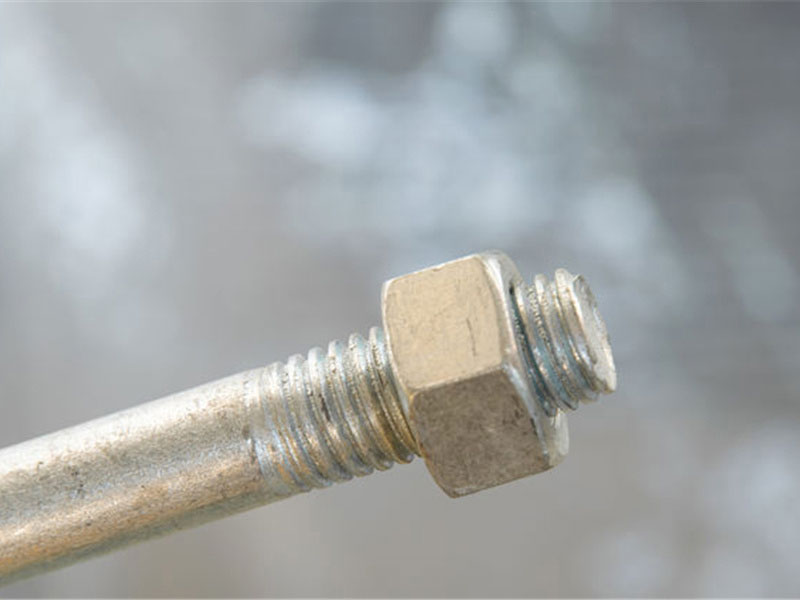
◉ Service Background
1. Through mechanical performance testing, we can master its service performance and achieve the best economy;
2. Mechanical performance is the main basis for the design and material selection of mechanical parts, which provides guidance for customers to optimize design and scheme;
3. Evaluate whether the materials meet the corresponding standard requirements and protect the interests of customers in trade;
4. Quality control of production process;
5. Research and development of new materials.
◉ Service Content
1. Test categories and items
|
Tensile test |
Tensile strength, yield strength, specified plastic elongation strength, elongation, reduction of area, elastic modulus, N value, R value, Poisson's ratio (provide cross-sectional area of sample), etc. |
|
Impact test |
Absorbed energy, lateral expansion value, shear section rate |
|
Bending test |
After the bending test, observe whether there are cracks on the bending outer surface of the sample |
|
Compression test |
Compression strength |
|
Test of pipe process performance |
Flattening test, flaring test and curling test |
|
Fastener performance test |
Failure torque, hydrogen embrittlement test, tensile strength of screws and bolts, |
|
Hardness test |
Rockwell hardness, brinell hardness, vickers hardness and micro vickers hardness, knoop hardness and gradient hardness |
2. Adaptive range of product
It is suitable for metal materials and their products, including:
Iron and steel materials: carbon steel, stainless steel, heat-resistant steel, alloy steel, cast iron, etc.
Non-ferrous metals: aluminum and aluminum alloys, copper and copper alloys, etc.
Special metal materials: functional alloys, metal matrix composites, etc.
Other metal products: profiles, plates, wires, pipes, fasteners, castings, auto parts, mechanical equipment and parts, etc.
3. Routine sample requirements
|
Tensile test |
1. round bar sample: d≥10mm, length L≥200mm 2. Rectangular sample: ≥2*200mm(L minimum 120mm, for American standard L≥100mm) 3 Tubular specimen: L≥200mm for tube arc specimen, L≥300mm for whole tube specimen, and OD≤30mm, which can be stretched for whole tube |
|
Impact test |
Sample size: 55mm×10mm×10mm, pattern surface roughness (Ra) should be no more than 5um |
|
Bending test |
Strip specimen: thickness greater than 2mm, L≥150mm |
|
Compression test |
Ф20*80mm |
|
Flattening test |
Metal pipe with outer diameter ≤600mm and wall thickness ≤15%; 50mm≤ metal pipe length ≤100mm |
|
Flaring test |
Generally, L≥100mm is required, and it is estimated that L≥1.5OD will be used according to different changes of pipe outer diameter. |
|
Curling test |
OD≤100mm and t ≤ 10mm; Tube length L≥3D (minimum 1.5D) |
|
Fastener performance test |
3≤ screw diameter < <M39 |
|
Vickers and Micro Vickers Hardness, Knowles Hardness |
Thickness is better than 0.5mm |
|
Brinell hardness |
The length, width and thickness of the sample are all greater than 10mm. It is suggested that the two parallel surfaces with surface roughness Ra not greater than 1.6μm should be quite parallel, and the larger the indentation diameter requires the thicker the sample. |
|
Rockwell hardness |
The thickness of the specimen is better than 3.3mm and the width is better than 5 mm. It is suggested that the surface roughness Ra of the specimen should not be greater than 1.6 μm. |
◉ Our Advantages
1. We have experienced technical personnel to provide detailed technical consultation and result analysis;
2. We have advanced high-end and automation integrated detection equipment to provide a variety of detection programs;
3. We have complete testing and results reporting process to ensure accurate and reliable test results.



















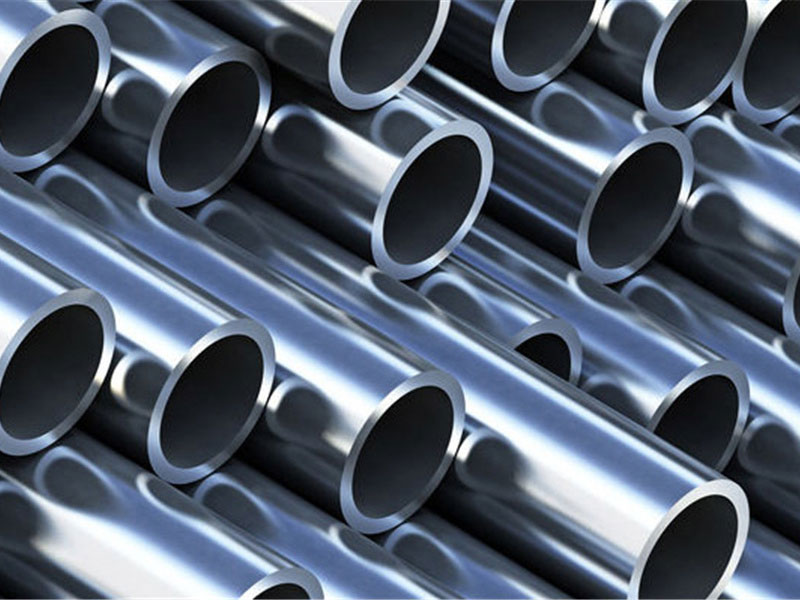
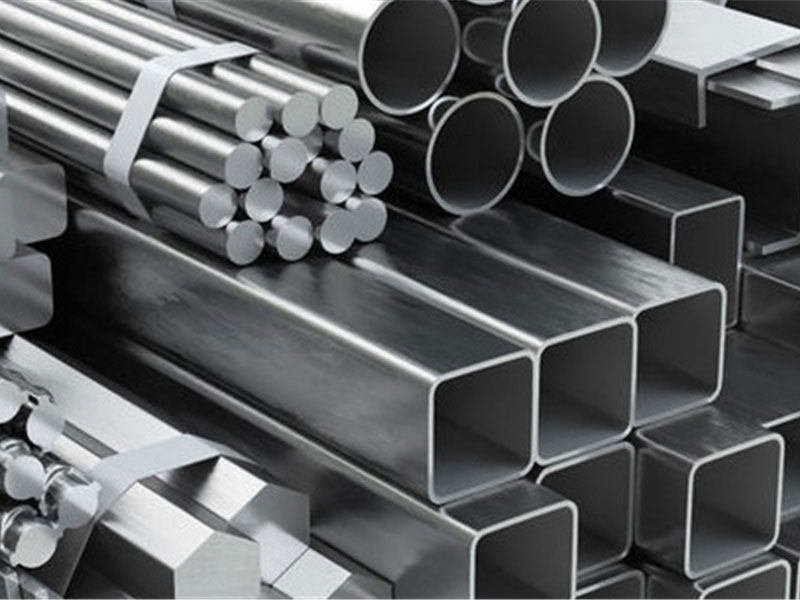
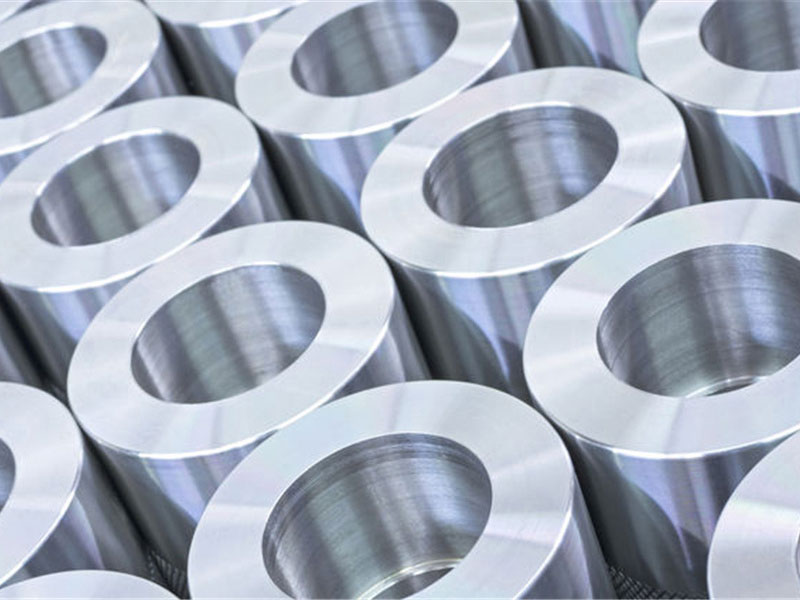
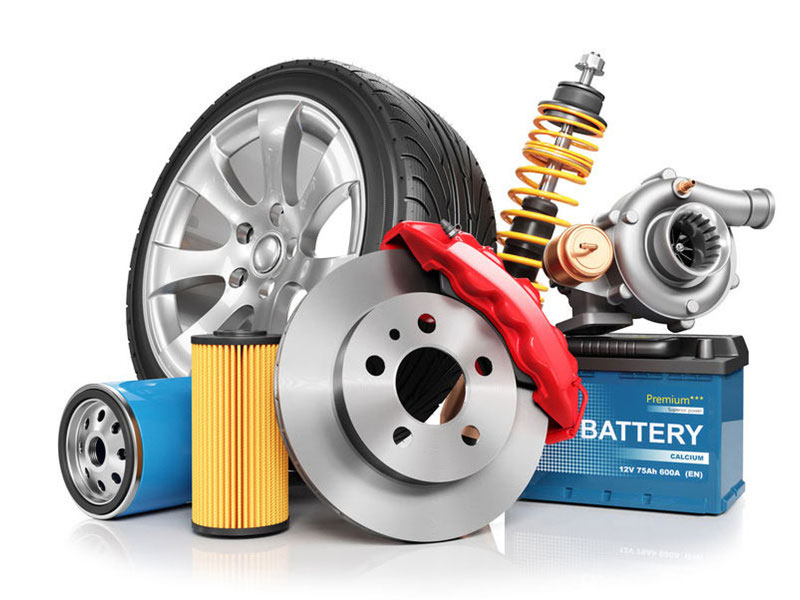
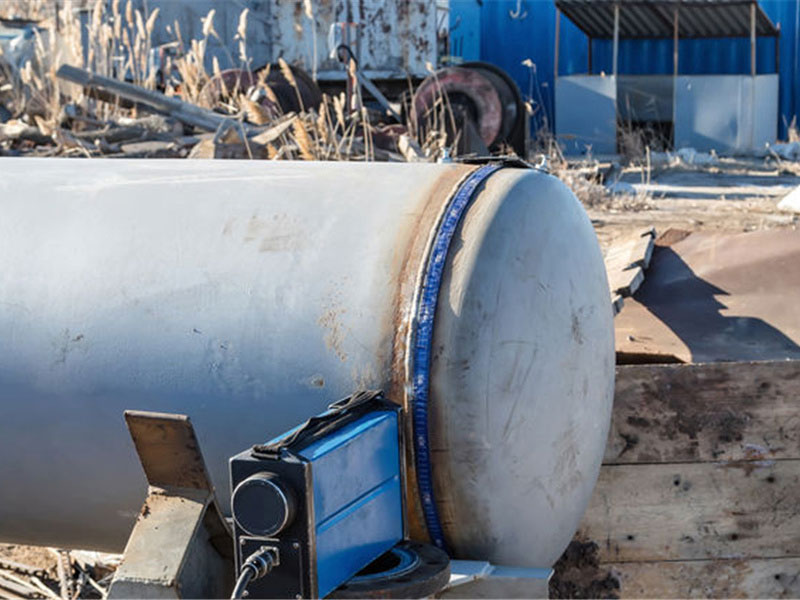
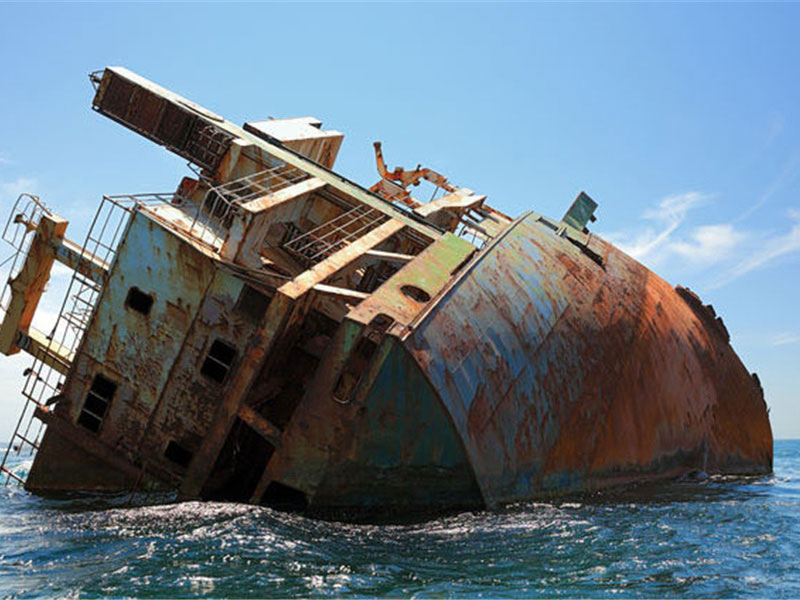
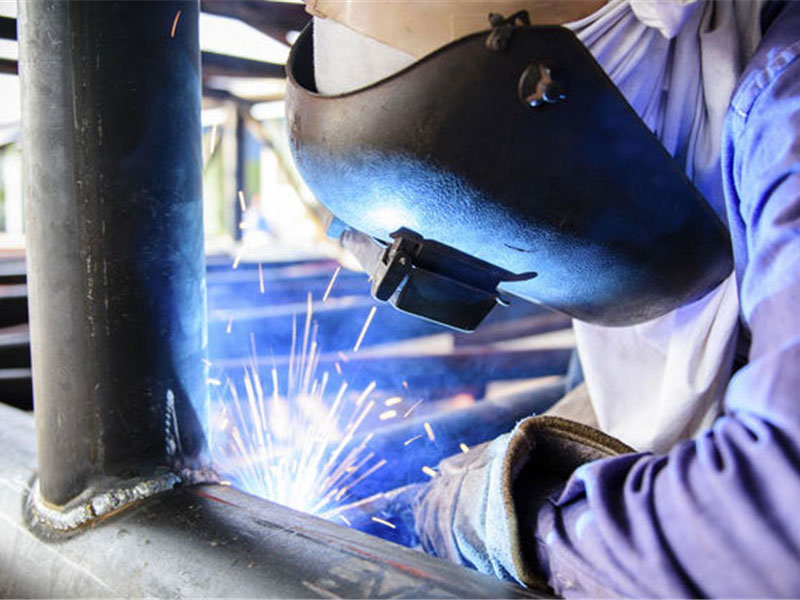
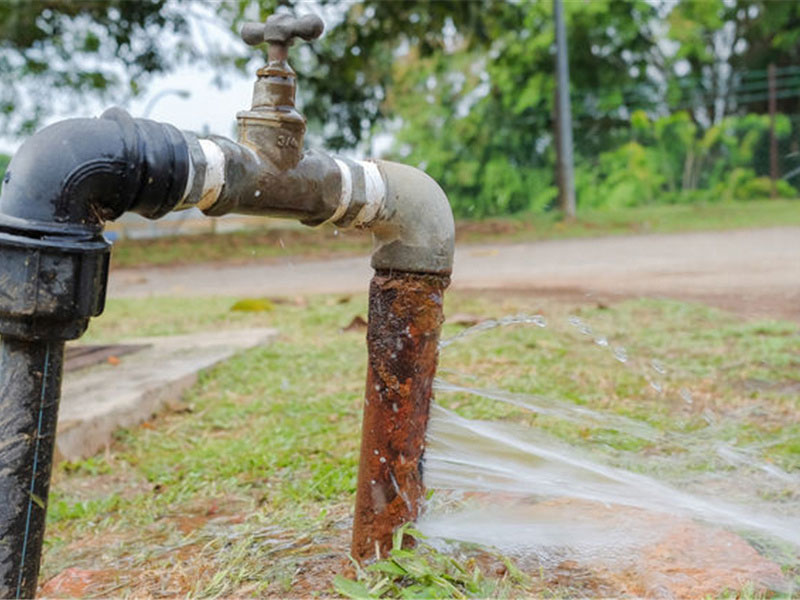



 粤公网安备 44030602000441号
粤公网安备 44030602000441号